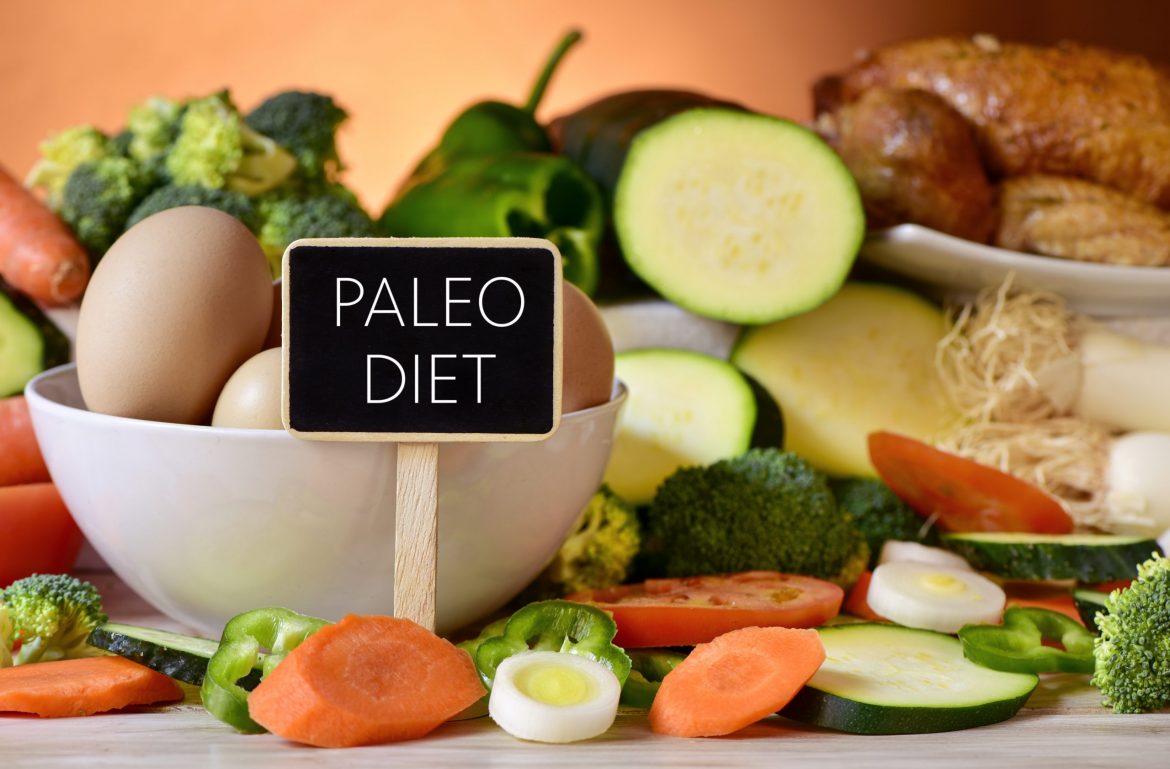“Paleo Diet” or also known as the “Caveman Diet”, “Stone Age Diet”, “Hunter-gatherer Diet” or “Palaeolithic Diet”, is basically a diet plan which is thought to be similar diet plan which our ancestors about 10,000 to 2.5 million years ago, in the Palaeolithic Era had opted.
Table of Contents
But, What is the Paleo Diet Consist of?
Now, definitely, there would be a question in your mind that what this paleo diet plan is? And which food items are included in it?
So, the paleo diet contains fruits, vegetables, fish, lean meat, seeds and nuts. In short, it includes food that was easily obtained by hunting in the past era. But, the paleo diet does not contain the food that emerged in the farming era such as grains, legumes and dairy products.
Why Opting for a Paleo Diet?
The purpose of the paleo diet is to follow the same eating pattern as that of our ancestors during the “Palaeolithic Era”, on the hypothesis that the modern diet is genetically mismatched. This mismatch is thought to be increasing the risk of diabetes, obesity and cardiovascular disease. As far as how much this hypothesis is true, still more work is needed to make a conclusion from this.
People follow the paleo diet plan for mainly two reasons
- First, they want to have a diet plan for themselves
- Secondly, to lose their weight and maintain a healthy weight.
Which Foods to Eat in the Paleo Diet?
- Fruits
- Vegetables
- Fish- especially tuna, mackerel, albacore or salmon, as these fish are rich in “Omega-3 fatty acids”.
- Lean Meat- Especially grass-eating animals
- Seeds and nuts
- Oils- from the nuts and fruits i.e. walnut oil or olive oil
Now, which food items to Avoid in the Paleo Diet?
- Dairy Products
- Processed foods in particular
- Potatoes
- Salt
- Processed or refined sugar
- Legumes such as peanuts, beans, peas and lentils
- Grains- Oats, wheat and barley
Paleo Diet plan varies as per individual needs, as few people opt for a strict diet plan.
A number of various random clinical trials have been conducted to compare the “Paleo Diet” with other diets such as “Diabetes Diet Plan” or “Mediterranean Diet Plan”. The results of these studies have provided a beneficial insight into the paleo diet when it is combined with fruits, vegetables, low-fat dairy products, legumes, whole grains and lean meat. But, still, there is a need to study the long-term effect and possible disadvantages of the paleo diet on human health.
But, before we discuss the disadvantages of the paleo diet, let’s have a look at the advantages.
ADVANTAGES OF PALEO DIET:
- Aids in Weight Loss
- Improved Appetite Management
- Low triglycerides in the diet
- Better Control of Blood Pressure
- Improved Glucose Tolerance
- High Protein Content– Yes the paleo diet is high in protein content. Proteins are one of the major building blocks of life. It is also essential for your growth and development and is equally important for your muscles, bones, cartilage, and skin. Sufficient protein content in the paleo diet also increases insulin sensitivity and helps in diabetes.
- Good Fats- Healthy lipid profile is achieved by a paleo diet. This is due to the fact that you are adding nuts, olive oil, and avocado to your diet, which are unsaturated fats. These moderate amounts of unsaturated fats are good for maintaining the fats in your body.
- Improved Muscle and Kidney Function– The paleo diet is rich in potassium as you are adding vegetables and fruits to your diet. This potassium is essential in improving the function of your muscles and kidney. It also improves and maintains your healthy blood pressure.
- In a paleo diet, you are eliminating the processed food and adding whole foods hence less sugar and salt in your diet. This will improve your blood pressure and blood sugar level, which will, in turn, reduce your risk of diabetes and cardiovascular disease.
Disadvantages of the Paleo Diet:
- Decrease in essential vitamins and nutrients intake, as paleo diet eliminates certain food groups from your diet. So, you need to be updated about the fact and fiction regarding foods and the paleo diet.
- Decreased intake of fibre due to eliminating whole grains affects your gut health negatively and can cause other hidden health issues.
- People who follow the paleo diet are at risk of tooth decay or low bone density due to the insufficient and inadequate consumption of calcium in their diet.
- People who strictly follow this diet, omit the legumes. Legumes are extremely beneficial for maintaining your gut health and are a rich source of selenium, magnesium and manganese.
- Since the paleo diet is also thought to be a replica of the diet of our ancestors from the “Palaeolithic Era” this diet omits certain foods which were not used by our ancestors but are available in current times. Humans have evolved both socially and genetically. We are not similar to our ancestors regarding diet. So removing a certain portion of food has a negative impact on our health.
- Also, it is not possible and easy for us to follow the same diet pattern as was followed by the people of the “Palaeolithic Era”. Plants, animals, everything has evolved and so is our diet.
In the End,
Before, opting for a certain diet plan, you should consult your doctor in case you have any certain medical condition. For more queries and Diet Plans you can always reach out to our Expert Nutritionist and Dietitian at Healthwire.
